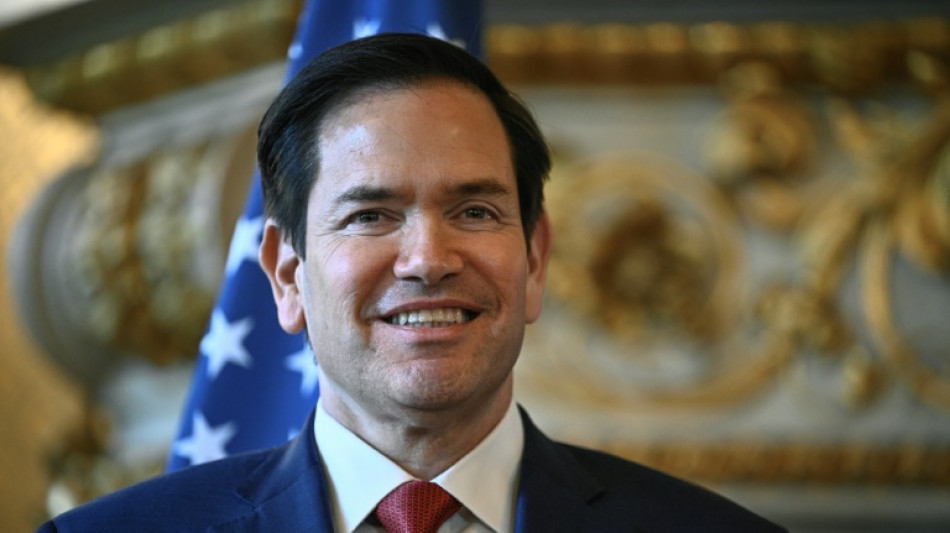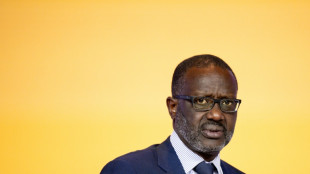

US State Department to cut positions, rights offices
President Donald Trump's top diplomat Marco Rubio on Tuesday unveiled a restructuring of the US State Department that will cut positions and scale back human rights offices, saying the "bloated" organization was ideologically out of sync with the administration.
Rubio billed the plan as a major shake-up in the State Department, long a bete noire for many US conservatives, although the outline was less drastic than drafts that have circulated -- including one of which would have virtually wiped out day-to-day diplomacy in Africa.
"The Department is bloated, bureaucratic and unable to perform its essential diplomatic mission in this new era of great-power competition," Rubio said in a statement, referring to US rivalry with China.
"The sprawling bureaucracy created a system more beholden to radical political ideology than advancing America's core national interests."
One key change will be eliminating a division in charge of "civilian security, democracy and human rights."
It will be replaced by a new office of "coordination for foreign assistance and humanitarian affairs," which will absorb functions of the US Agency for International Development -- gutted at the start of the Trump administration with the elimination of more than 80 percent of programs.
The new office will oversee a bureau on "democracy, human rights and religious freedom" -- a shift from the current "democracy, human rights and labor," which included advocacy of workers' rights overseas.
Previous administrations from both major US parties had separate envoys in charge of religious freedom, a position now being merged.
In an opinion piece, Rubio aired grievances about previous work within the bureau including its unsuccessful push internally to restrict weapons sales to Israel on human rights grounds.
"The Bureau of Democracy, Human Rights and Labor became a platform for left-wing activists to wage vendettas against 'anti-woke' leaders in nations such as Poland, Hungary and Brazil, and to transform their hatred of Israel into concrete policies such as arms embargoes," he wrote in the piece on Substack.
- 'Slash-and-burn'? -
Including in the restructuring will the loss of an office on war crimes, whose recent work has included documenting Russia's war in Ukraine.
Rubio's plan will also eliminate the Office of Conflict and Stabilization Operations, whose activities have included a task force that tries to prevent atrocities overseas before they happen.
State Department spokeswoman Tammy Bruce said that the end of offices did not necessarily mean their functions would end and that their areas of focus "could be implemented in a better, more nimble, faster way."
Senator Jeanne Shaheen, the top Democrat on the Senate Foreign Relations Committee, deplored a "lack of transparency" after the "slash-and-burn" approach led by tech billionaire Elon Musk.
"A strong and mission-ready State Department advances American national security interests, opens up new markets for American workers and companies, and promotes global peace and stability," she said in a statement.
"It remains to be seen how the administration's latest proposals will achieve that goal."
Rubio reposted an article from the online outlet The Free Press that said the State Department will reduce overall offices from 734 to 602 and that under secretaries will be asked to come up with plans within 30 days to reduce personnel by 15 percent.
A senior State Department official, asked about the figures, said it sounded "correct" but that some positions may be eliminated without laying people off.
The official said the State Department leadership would speak with Congress and employees over the coming month to finalize the plan.
"There will not be stories or images of people carting their belongings out of the building today," the official told reporters on condition of anonymity.
C.al-Farsi--BT



